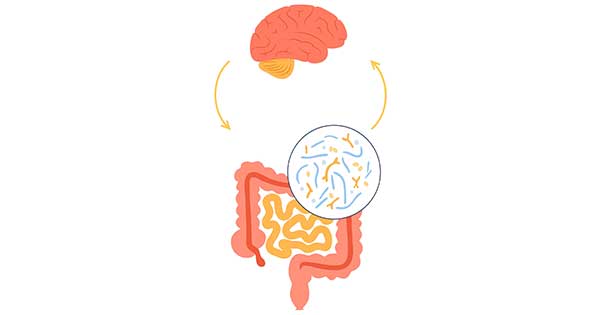A study led by Dr. Elena Martín-Garcia links gut microbiota to a predisposition for developing food addiction
The research, published in the journal Gut, associates the presence of certain types of bacteria within the gut microbiome with an increased risk of this disorder. Read the article

Dr. Martín-Garcia’s study identifies a correlation between gut microbiota composition and a person’s likelihood of developing a food addiction. It also highlights the beneficial role of a bacterium called Blautia, which may help prevent this addiction. The publication sheds new light on the connection between gut microbiota and this behavioral disorder and could pave the way for future treatments based on beneficial microbes, potentially through dietary supplements.
Food addiction is characterized by a loss of control over food intake, often leading to obesity and disruptions in gut microbiota. In this study, the research team examined whether the composition of the gut microbiota influences the mechanisms of food addiction. They found that certain bacteria, specifically Proteobacteria, are linked to the development of this disorder, while another group, Actinobacteria, appears to have protective effects against food addiction. Additionally, the study highlights the beneficial role of a bacterium species called Blautia wexlerae, which is often scarce in the microbiota of people and mice with food addiction. When substances promoting the growth of Blautia were introduced into the gut, food addiction symptoms improved. These results were consistent in both human and mouse subjects.
The UPF professor and co-author of the study, Rafael Maldonado, highlighted that “our results reveal changes in the gut microbiota that could, in the future, be used as biomarkers for predisposition to food addiction, as well as certain prebiotics that could be explored as dietary supplements for treating these eating disorders.”
Dr. José Manuel Fernández-Real, professor at the University of Girona, head of the IDIBGI and CIBERObn research groups, and co-author of the study, along with Dr. Jordi Mayneris-Perxachs, IDIBGI group leader and co-first author of the study, emphasize: “It is remarkable to observe that individuals with obesity and food addiction criteria present alterations in gut microbiota, which are later confirmed in animal models.” Dr. Fernández-Real also heads the Endocrinology section at Trueta Hospital.
“Our animal model has high translational value and could enable the evaluation of these new potential therapeutic strategies for addressing food addiction and related emotional and eating disorders,” adds Elena Martín-García, researcher of the Institute and the Neuropharmacology Laboratory (NeuroPhar) at UPF.